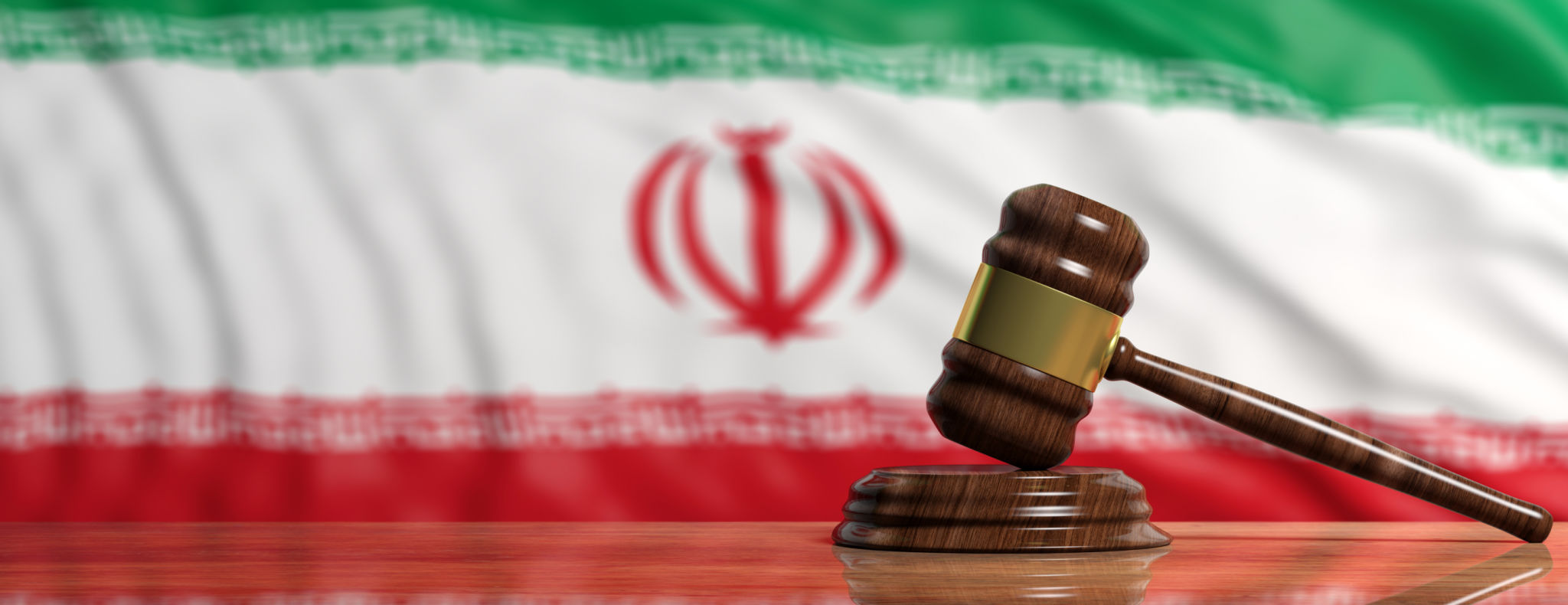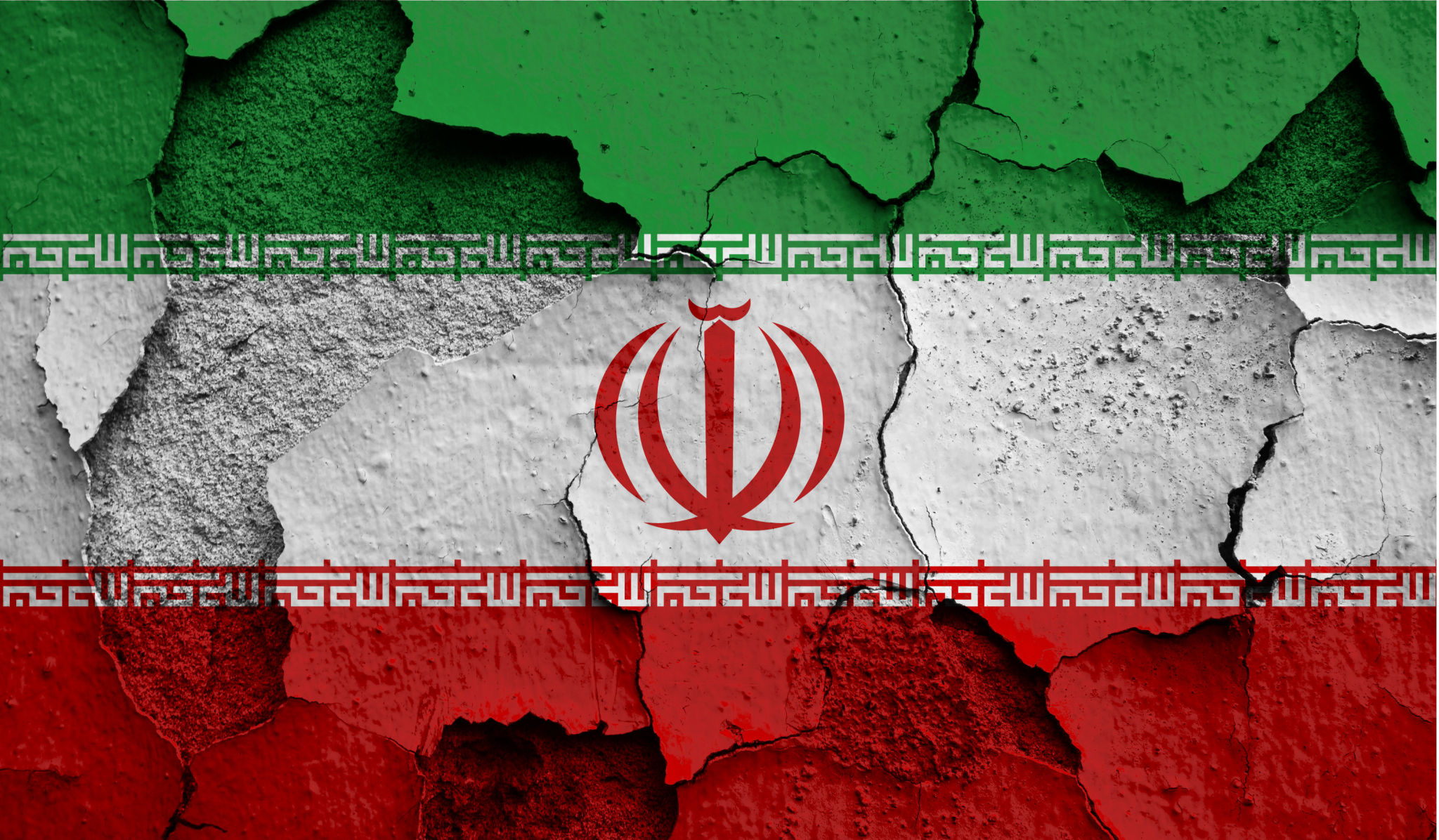Debunking Myths About Corporate Law in Iran
Understanding Corporate Law in Iran
Corporate law in Iran is often misunderstood due to widespread myths and misconceptions. Many potential investors and businesses are deterred by these inaccuracies. This article aims to clarify some of these myths and provide a more accurate understanding of the corporate legal landscape in Iran.

Myth 1: Foreign Businesses Cannot Operate in Iran
One of the most prevalent myths is that foreign businesses cannot operate in Iran. In reality, Iran has been actively encouraging foreign investment. The Iranian government has established various Free Trade Zones and Special Economic Zones, offering incentives like tax exemptions and a more straightforward regulatory framework to attract foreign businesses.
Moreover, the Foreign Investment Promotion and Protection Act (FIPPA) provides a comprehensive legal framework to safeguard foreign investments. This act ensures that foreign businesses receive the same treatment as local businesses, allowing them to operate with confidence.
Myth 2: Corporate Law is Unchangeable
Another common misconception is that Iranian corporate law is rigid and unchangeable. However, this is far from the truth. The Iranian legal system is continually evolving, with regular updates to accommodate modern business practices and international standards. This adaptability helps foster a more business-friendly environment.

For instance, recent reforms have been introduced to streamline company registration processes and reduce bureaucratic hurdles, making it easier for new businesses to set up in the country. These changes reflect Iran's commitment to improving its business climate.
Myth 3: Only State-Owned Enterprises Thrive
It is often believed that only state-owned enterprises can thrive in Iran due to governmental support. While state-owned enterprises do play a significant role in the economy, private companies are also thriving. The private sector in Iran is diverse and dynamic, covering industries such as technology, manufacturing, and services.
Nurtured by a young and educated workforce, many private enterprises have seen significant growth and success. This demonstrates that the Iranian market is open and viable for both state-owned and private entities.

Myth 4: Legal Disputes Are Hard to Resolve
A persistent myth is that legal disputes in Iran are difficult to resolve due to a complex judicial system. While legal proceedings can be challenging anywhere in the world, Iran has made strides in enhancing its judicial system's efficiency and transparency.
Arbitration and mediation have become increasingly popular methods for resolving corporate disputes, offering quicker and less formal solutions compared to traditional court proceedings. This trend aligns with global practices, ensuring that businesses can find effective resolutions to their legal issues.
The Future of Corporate Law in Iran
As Iran continues to open its doors to international business, understanding the realities of its corporate law is crucial for any investor or entrepreneur. By debunking these myths, we hope to shed light on the opportunities available within the country’s evolving legal landscape.
With continued reforms and a commitment to aligning with international standards, the future of corporate law in Iran looks promising. Businesses willing to explore this market may find it to be a rewarding venture.
